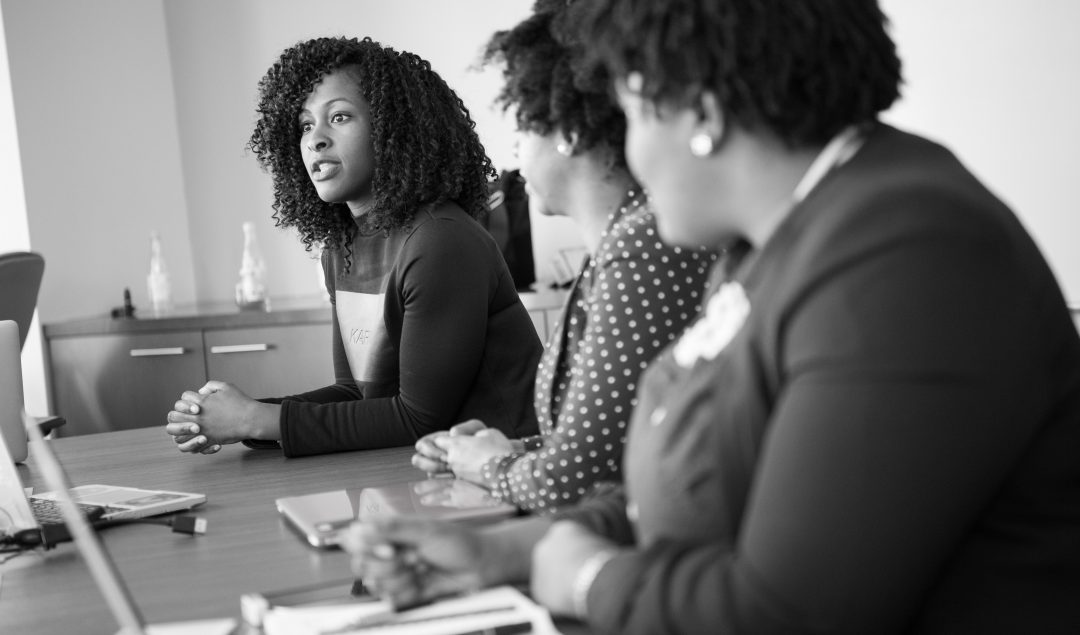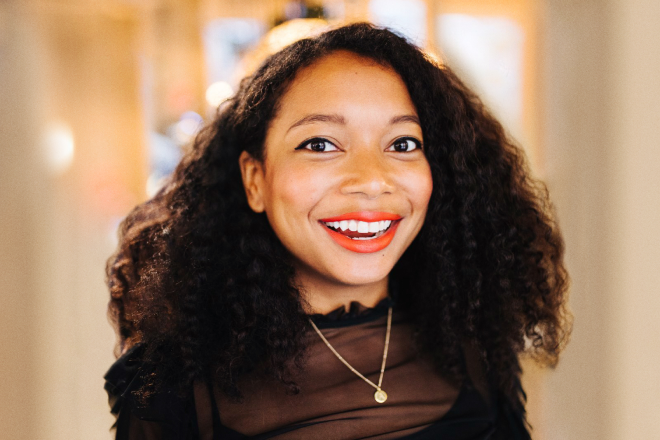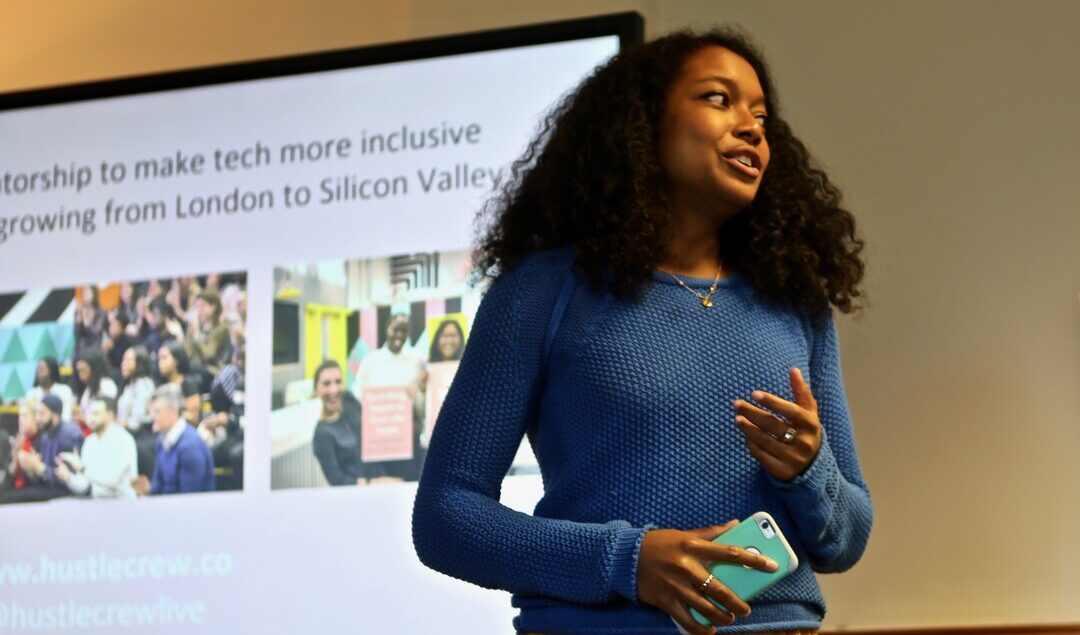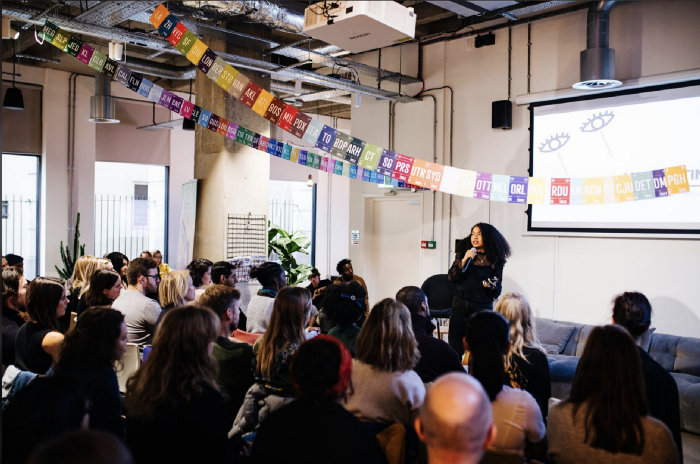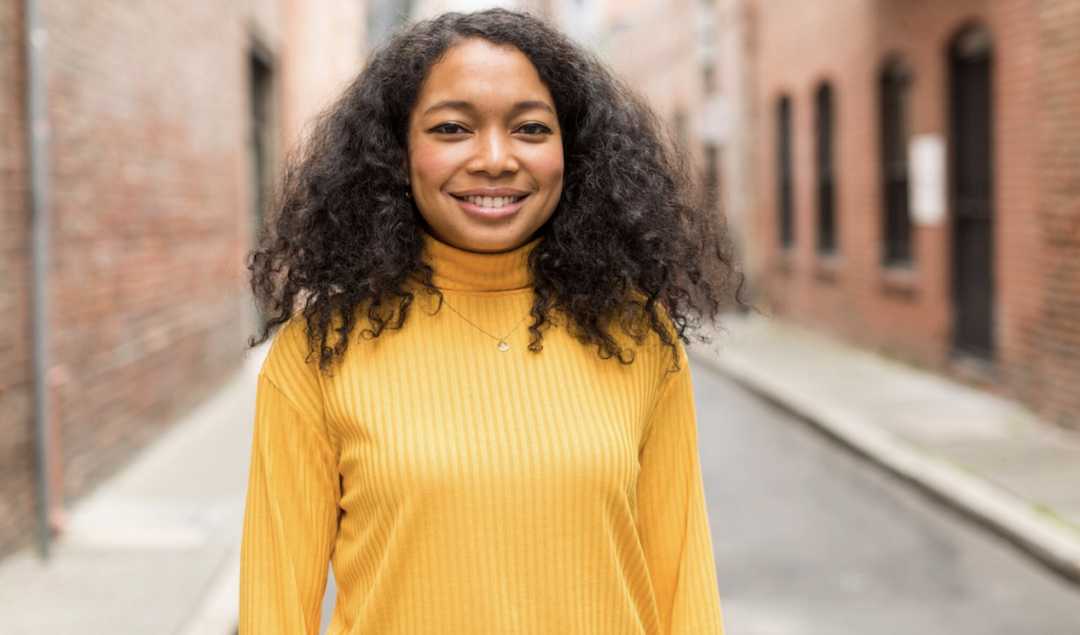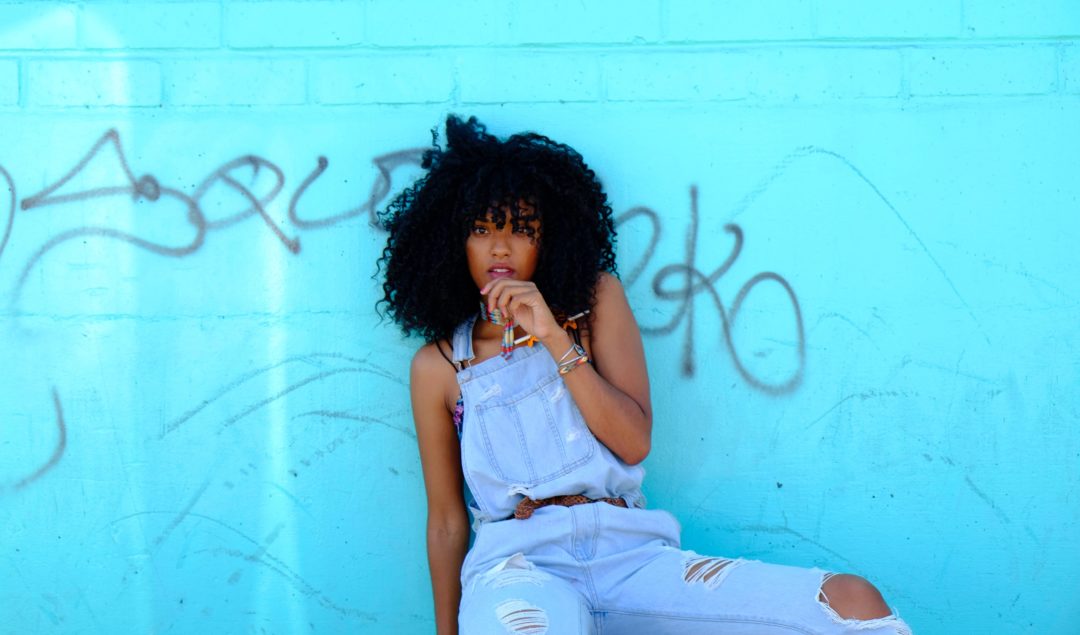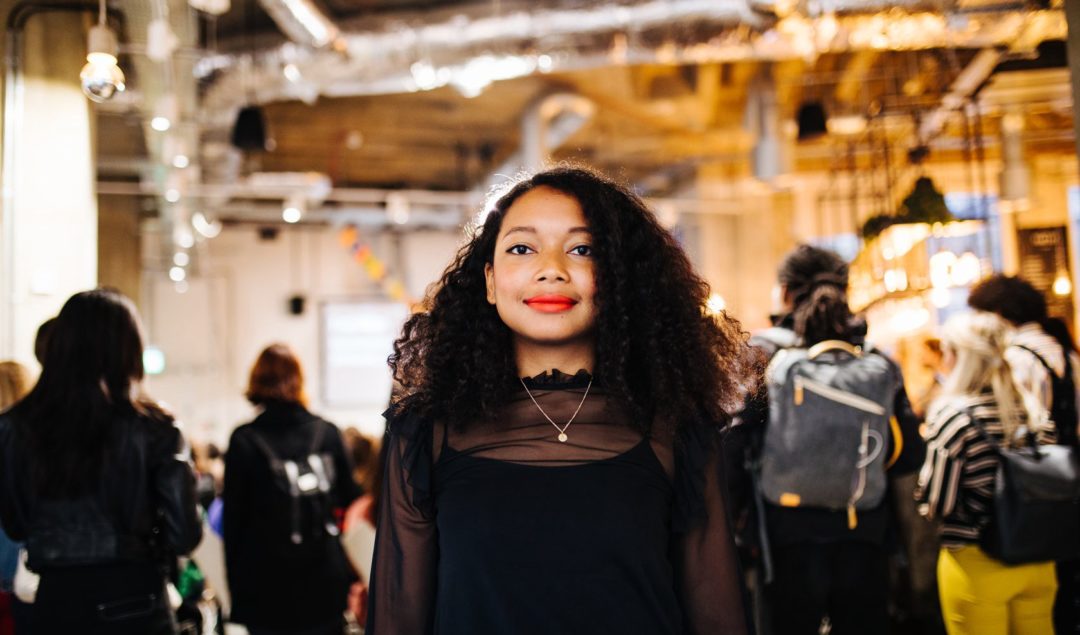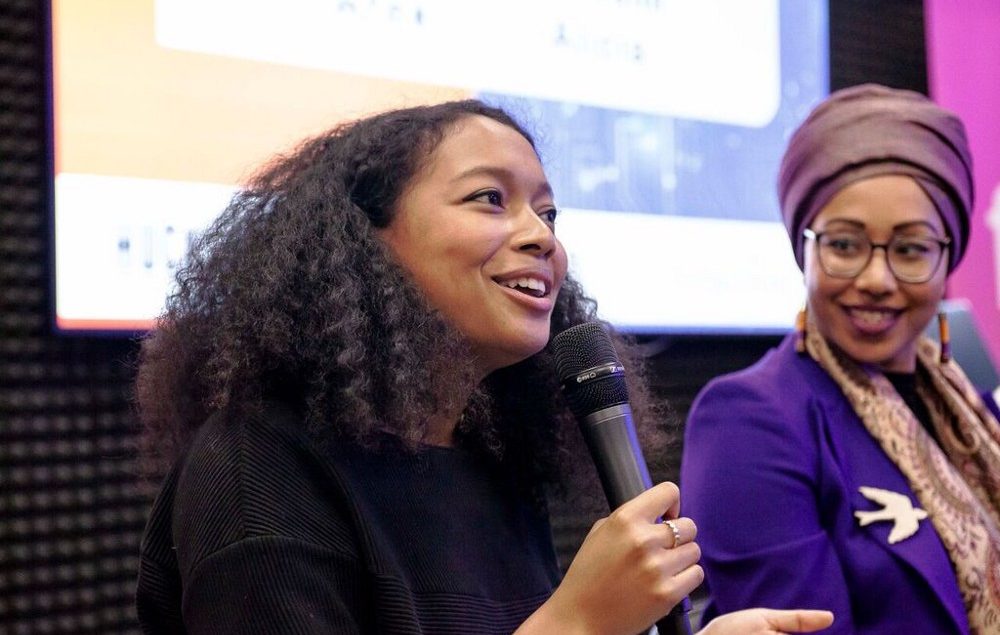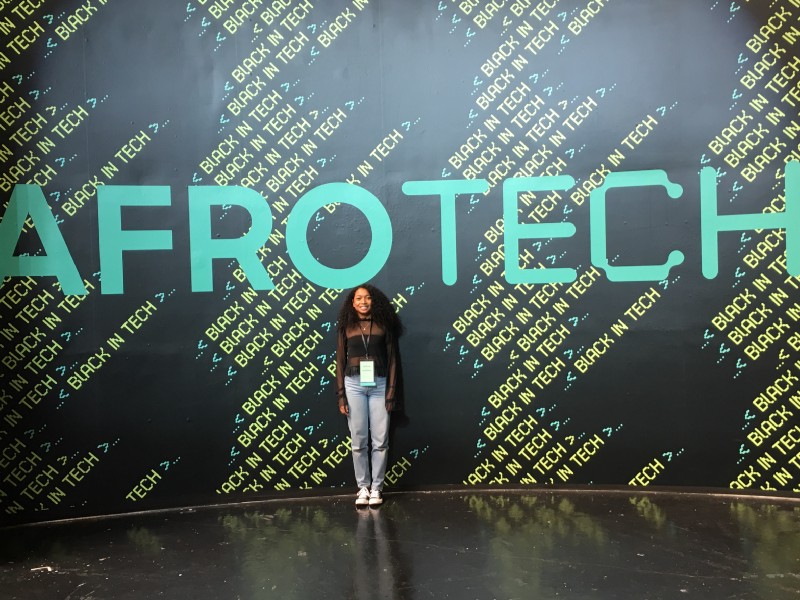What is the most powerful way you can transform a company’s culture? One year ago when I joined Brandwatch as VP of Global Community & Belonging I made a gamble that only habits, not one-off actions, would help us achieve the progress we wanted. From hiring more Black people at all levels, to delivering bias and inclusion training to all employees from leadership downwards, our diversity and inclusion goals at Brandwatch have always been bold. But being bold about belonging means you have to have an appetite for risk. And
In response to evolving discourse around social justice and identity and research on the links between psychological safety and productivity, more and more employers are turning to inclusion training as a tool to equip employees to excel in their roles. With global teams spread out across various cultures — with different histories and social contexts — the task of training all team mates on bias, privilege and inclusion in a meaningful way to increase confidence navigating conversations can seem like an impossible task. In 2020 when I joined Brandwatch, with their offices in
Three months ago I joined Brandwatch as their first-ever VP of Global Community & Belonging. I initially approached this newly created role with an unsettling combination of enthusiasm and self-doubt. Would I be able to deliver on the expectations I created during the interview process? Would I be able to gel with the team and make an impact in my first few months? Would I be able to be authentically me, and challenge racism and other forms of oppression wherever I see them manifesting? These are the questions that kept me up
Five weeks ago I joined Brandwatch as their first-ever VP of Global Community and Belonging. The night before my first day I had the first-day jitters and tossed and turned in bed. The following thoughts ran circles around my mind, “What if my performance doesn’t live up to the expectations set in the recruitment process? What if important stakeholders are directly opposed to my views and approach?” And of course that age-old anxiety inducer: “What if I got it all wrong in the interviews and I just don’t vibe with
Co-host of our podcast Techish Abadesi Osunsade discusses the next chapter of her career, after having been let go from her previous position during the midst of the pandemic [a process she was extremely transparent about here]. 2020 — what a year! I’m extremely grateful to have good news to share in a year that’s really put us through the ringer. I’ve just started in this new role and I’m excited to work alongside the leadership team to create positive lasting change not just in the company but, I hope,
In the decade I’ve worked in the tech industry I’ve come to learn how common lay-offs are. In 2012 when I was a manager at Groupon, I had to lay off teammates I had hired after the share price slumped post-IPO. When I was a manager at HotelTonight in 2015, I watched as some of my fave teammates were laid off to cut costs after the founders tried and failed to raise another round of funding. Just last week I joined the millions of professionals affected by the COVID-19 pandemic
At the start of 2019 I made a promise to myself: to only read novels written by women of color. I couldn’t have predicted how much this would change me. The decision wasn’t solely driven by a desire to invest in people and communities that I believe in, but an attempt to balance a lifetime-so-far spent reading the voices of those who represent systems and ideologies that oppress me and communities I care for deeply. The content we consume directly impacts the way we see the world and the way
Originally published here on Medium Last month, my company Hustle Crew celebrated its third birthday. It’s a significant milestone for many reasons. Three years is the same amount of time I spent at university completing my bachelor’s degree. The longest period I’ve ever worked at a single company (Groupon, 2011–2014). Most importantly it’s far longer than many experts I met at the start — from other CEOs to investors — thought this business would last. I’ll spare you our origin story as I’ve shared it before, but in 2016 when I set
It was summer 2009 and I was a fresh economics graduate from the London School of Economics working at the Financial Times as an editorial intern. My final degree score averaged 69, one mark shy of a distinction. But after all the trials and tribulations of a challenging undergraduate course I was ecstatic to have come out of it alive, let alone with a merit. As I stood in the offices of one of the most famous and respected newspapers in the world, all around me the foundations of capitalism
I finally made it to Blavity’s AfroTech conference in Silicon Valley last month thanks to Product Hunt & AngelList sponsoring me. Here’s what I learned while I was there: 1. Feeling included leads to high levels of self-belief and inspiration. Feeling like an outsider in the industry has been a common theme in my career. It’s what has led me to obsess over making the industry more representative of wider society and of course feel more inclusive. AfroTech represents something like a pilgrimage for me as a techie. It was the

